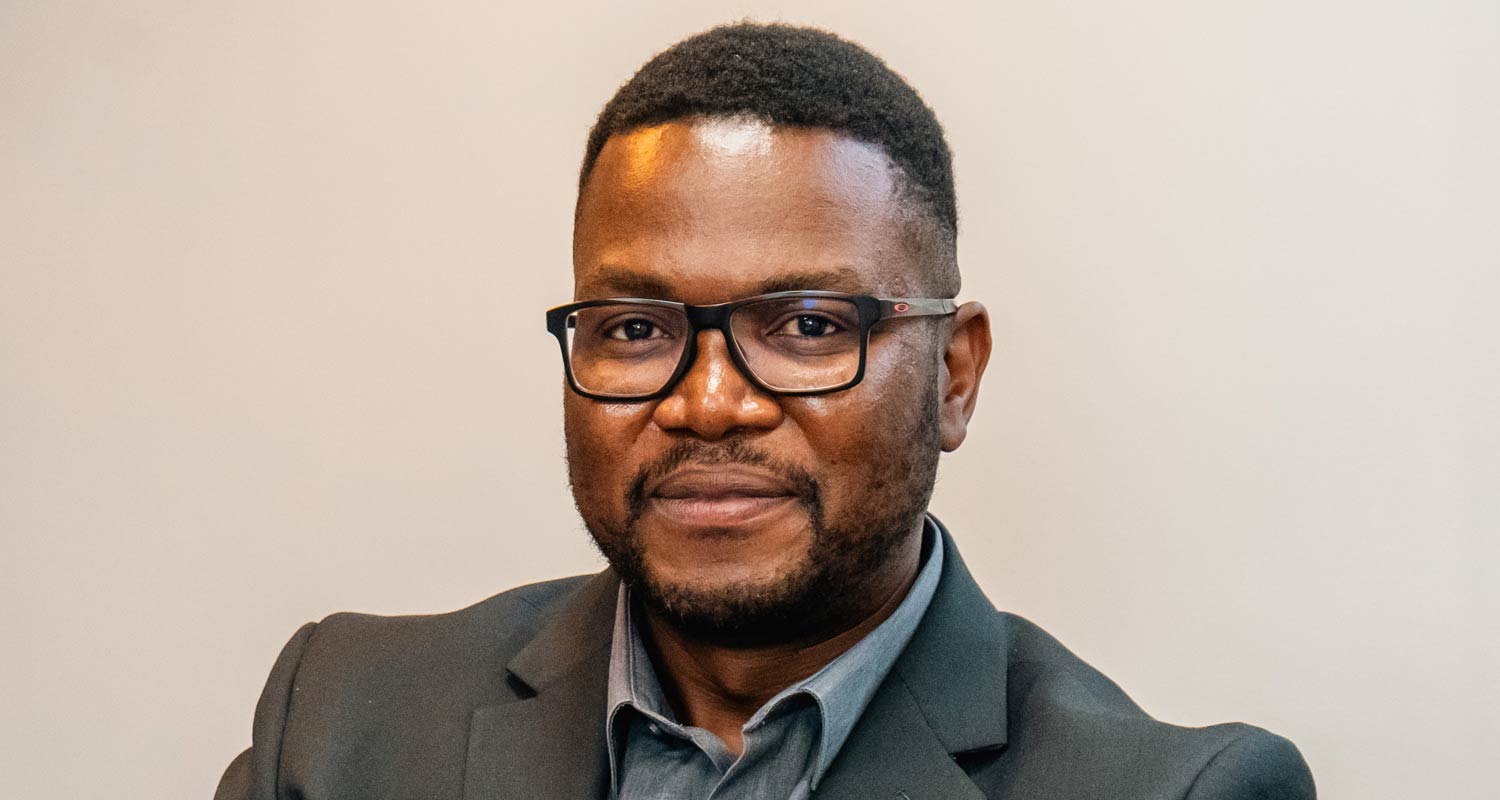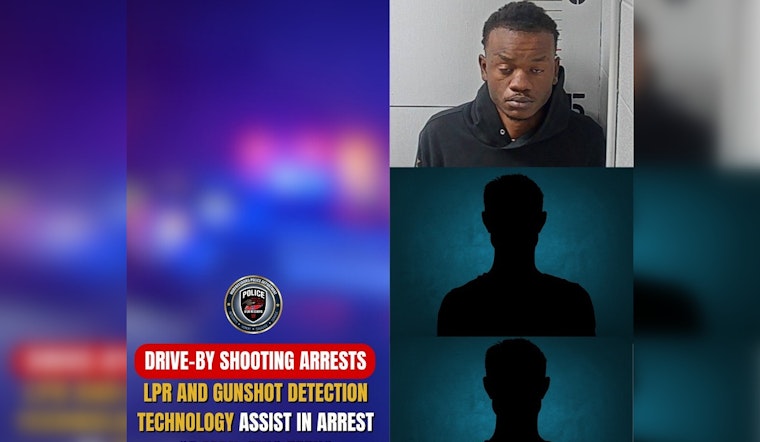Rebuilding Joburg: How Tech, Data & AI are Shaping South Africa's Future
2025-06-23

TechCentral
Johannesburg, a city synonymous with resilience and innovation, is poised for a remarkable transformation. As Altron's Group Chief Technology Officer, Dr Andy Mabaso explains, leveraging the power of technology, data analytics, and artificial intelligence isn't just an option – it's a necessity for creating a smarter, more efficient, and ultimately, a better Joburg for all.
A City Built on Innovation
Johannesburg has always been a hub of builders – a city forged by pioneers and constantly evolving to meet the challenges of a dynamic nation. From its origins as a gold mining settlement to its current status as a major economic powerhouse, Joburg's story is one of adaptation and progress. But the challenges facing the city today – urban sprawl, traffic congestion, crime, and inequality – demand a new approach, one that harnesses the transformative potential of cutting-edge technology.
The Power of Data-Driven Insights
The foundation of any successful smart city initiative is data. Collecting, analyzing, and interpreting data from various sources – traffic patterns, energy consumption, crime statistics, public transportation usage – provides invaluable insights into the city's operations and the needs of its residents. Imagine a system that dynamically adjusts traffic light timings based on real-time congestion, optimizing flow and reducing commute times. Or a network of sensors monitoring air quality, alerting authorities to potential pollution spikes and enabling proactive interventions. This is the power of data-driven urban planning.
AI: The Intelligent Layer
Artificial intelligence takes data analysis to the next level. AI algorithms can identify patterns, predict trends, and automate tasks with remarkable efficiency. In Joburg, AI can be applied to a wide range of areas, from predictive policing (analyzing crime data to anticipate hotspots and deploy resources effectively) to personalized public services (tailoring information and support to individual citizen needs). Furthermore, AI can enhance the efficiency of city services like waste management, optimizing collection routes and reducing environmental impact.
Smart Solutions for a Smarter City
Let's consider some specific examples of how these technologies can be implemented:
- Smart Transportation: Real-time traffic management, autonomous vehicles, integrated public transport systems.
- Smart Energy: Smart grids, renewable energy integration, energy efficiency programs.
- Smart Safety & Security: Predictive policing, smart surveillance, emergency response systems.
- Smart Governance: Online citizen portals, data-driven decision-making, transparent government services.
- Smart Healthcare: Telemedicine, remote patient monitoring, data-driven healthcare management.
Challenges and Opportunities
Of course, implementing these solutions isn't without its challenges. Data privacy and security are paramount concerns. Ensuring equitable access to technology and digital literacy across all communities is crucial to avoid exacerbating existing inequalities. And building the necessary infrastructure – high-speed internet access, reliable power grids – requires significant investment.
However, the opportunities far outweigh the challenges. By embracing technology, data, and AI, Joburg can unlock its full potential, creating a vibrant, sustainable, and inclusive city for generations to come. It's a chance to reimagine Joburg, not just as a city of builders, but as a city of innovators, a beacon of progress in Africa, and a model for smart urban development around the world.
Dr. Mabaso concludes, "The future of Joburg depends on our willingness to embrace these transformative technologies and harness their power for the benefit of all its citizens. It's time to build a smarter, more connected, and more resilient Joburg – one data point, one algorithm, one innovation at a time."






